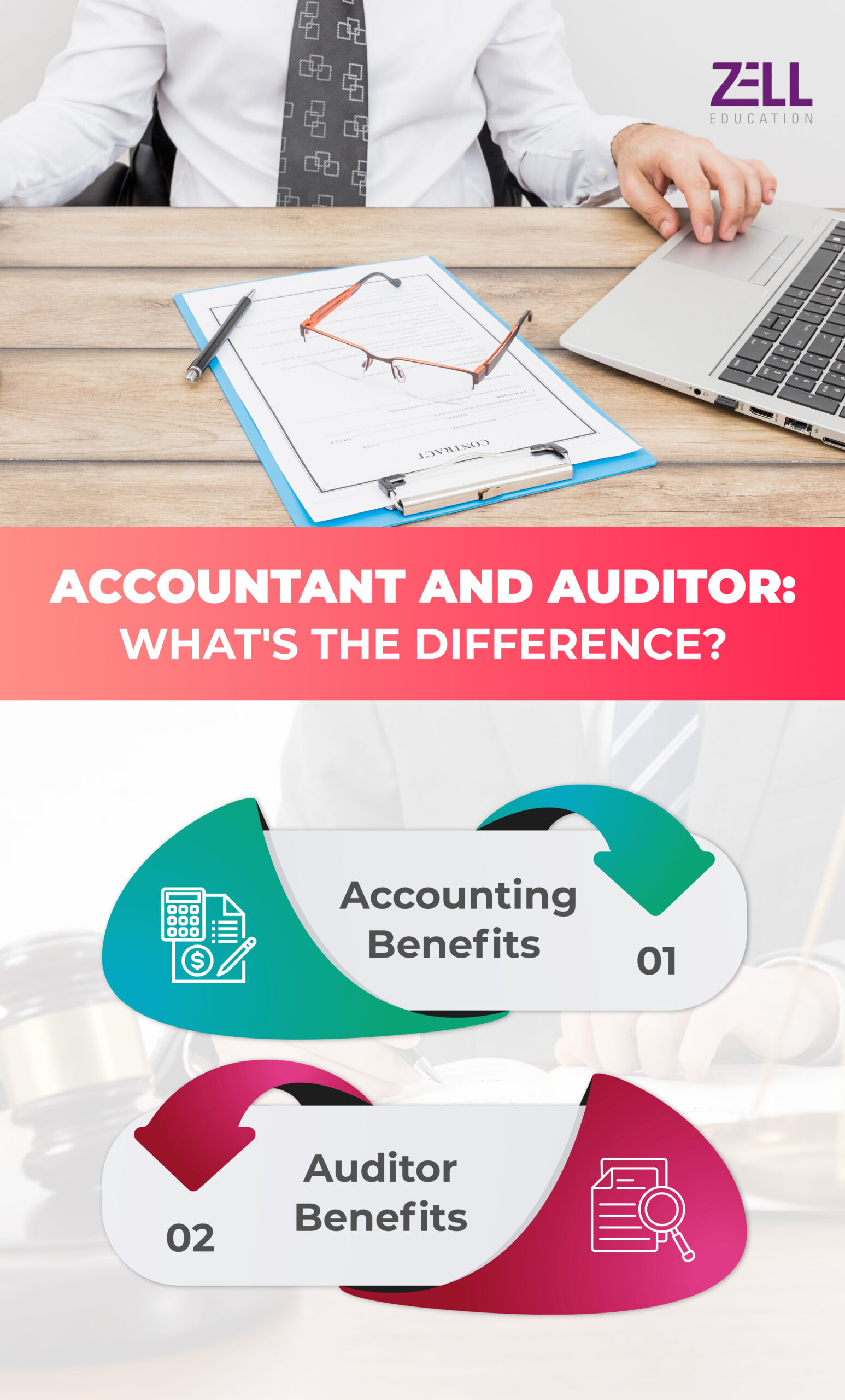In the constantly changing environment of finance and business, the light has usually been focused on two professions: accountants and auditors. These people have crucial roles in ensuring the health of the finances of any organisation, though with differing responsibilities and skills. We’re now going to go on tour to untangle some features that characterise accountants and auditors, including their functions, career paths, and ways in which they can bring an element of uniqueness to this activity.
Who is an Accountant?
An accountant is a professional engaged in the management and administration of an organisation’s accounting records. They perform a range of duties, such as bookkeeping, preparation of financial statements, and more, to ensure adherence to complex financial regulations. Accountants provide a great deal of assistance toward keeping an accurate record of an organisation’s financial transactions, analysing said data, and making recommendations that greatly help the decision-making process.
Who is an Auditor?
An auditor is an objective, independent analyst of any organisation’s financial accounts and reports. An auditor plays a major role in verifying the authenticity of the financial reports. Financial reports have to express the true position and financial status of the firm. Due to such examination and evaluation, the errors, irregularities, and even fraud that an organisation makes while preparing the report would come to light in the audit result.

Accounting and Auditor : What’s the Difference
Accountant vs. Auditor: A Comprehensive Tabular Comparison
Let’s dig a little deeper into a side-by-side comparison of accountants and auditors in different aspects:
| Aspect | Accountant | Auditor |
| Growth | Steady career growth | Promising growth, especially with experience |
| Salary | Competitive compensation attractive | e pay, commensurate with expertise professional |
| Requirements | Degree in accounting or related field | Accounting degree, professional certifications |
| Job Prospect | Diverse industries and sectors focused | d on public accounting firms |
| Work Schedule (hrs/week) | Typically standard work hours may | y require longer hours during audits focus |
| Area | Financial record management and analysis financial | l statement verification and analysis |
| Primary Duty | Record-keeping, financial analysis ensuring | g financial accuracy and compliance |
Benefits of Hiring: Accountant vs. Auditor
Both an accountant and an auditor have a unique advantage tailored to the peculiar expertise provided:
Accountant Benefits:
Financial Accuracy: Ensures precise bookkeeping, tax compliance, and error-free financial reporting.
Strategic Planning on Finance: Accountants are strategic thinkers. They possess invaluable insight that is crucial in the proper utilisation of resources, effective budgeting, and appropriate planning on finances.
Data-Driven Decision Making: With comprehensive data analysis from the financial market sectors, businesses have complete information to make correct decisions.
Auditor Benefits:
Improved Credibility: Auditors provide an independent view on the financial statements, therefore improving transparency and credibility.
Identification of Errors and Avoidance of Frauds: By carrying out a detailed examination, auditors help identify the most probable financial errors and help stakeholders to gain confidence.
Career Paths for Accountants and Auditors
The careers of accountants and auditors are usually segregated and tend to follow different types of career paths:
Accountant Career Paths:
Specialisation Opportunities: Along the way, accountants will have plenty of opportunities to specialise in sectors such as management accounting or forensic accounting.
Financial Leadership Positions: Other experienced accountants move into positions of significant organisational influence, such as Chief Financial Officer, where they are responsible for developing the overall financial strategy.
Auditor Career Paths:
Ascending the Ladder: Career advancement from junior to senior and even managerial positions is available within an auditing organisation.
Internal Auditor Roles: Internal auditors play a pivotal role in organisations by evaluating and strengthening internal controls in areas such as finance, operations, and compliance. They ensure that the company adheres to regulations, manages risks effectively, and operates efficiently.
Conclusion
In the distinction between accountants and auditors, each wields an important thread to be woven uniquely into the general financial tapestry. Though accountants maintain and supply precious information regarding the financial arena with great detail, an auditor will work to diligently test and confirm that data for accuracy and openness.
It gives organisations an excellent opportunity to make more-informed decisions about constructing the right financial team. Whether it’s the strategic guidance of an accountant or the meticulous assurance of an auditor, both professionals play a vital role in navigating the complex terrain of financial management and reporting.
Check out the ACCA course by Zell Education to earn a globally recognised credential that lets you practice accounting in India and abroad. This course will guide you through as many as 180 countries on this career path. Join now and benefit from 100% placement support through Zell Education.
FAQs
What is the primary role of an accountant?
An accountant plays a pivotal role in handling financial records, data analysis, and insights, which becomes crucial to decision-making processes.
Do auditors exclusively work within accounting firms?
Although auditors primarily work in public accounting firms, they can be internal auditors in an organisation to ensure that all financial information is correct and appropriate.
Are accountants and auditors interchangeable roles?
No, these two are two different and complementary positions. Accountants manage and analyse financial data, whereas the auditors independently verify how accurate and reliable such data is.
What qualifications are necessary for becoming an auditor?
Accounting degrees coupled with professional certificates, such as becoming a CPA or CA, are essential to becoming an auditor.
Which profession offers a higher earning potential?
Auditors generally enjoy better pay most of the time since ensuring a sense of accountability toward any discrepancy would keep the organisation’s credibility alive.
